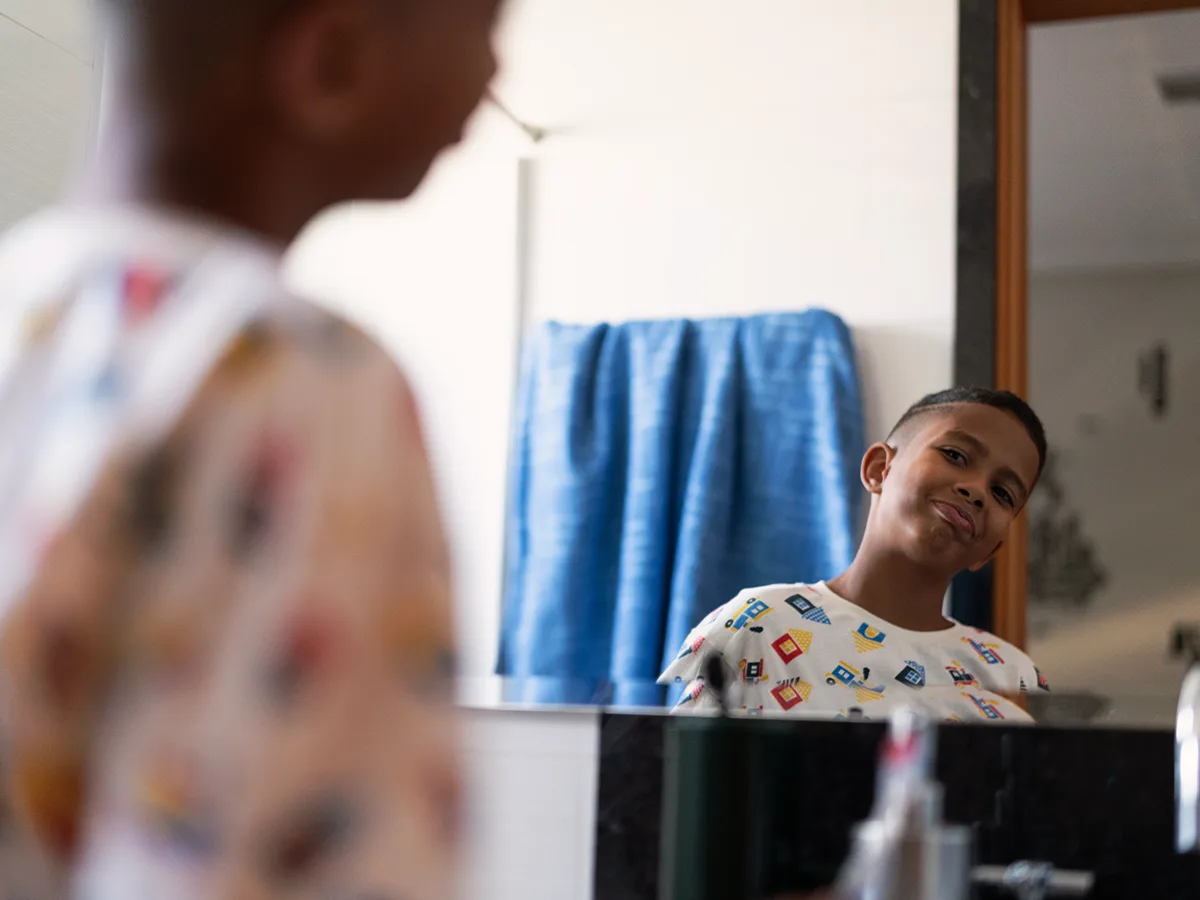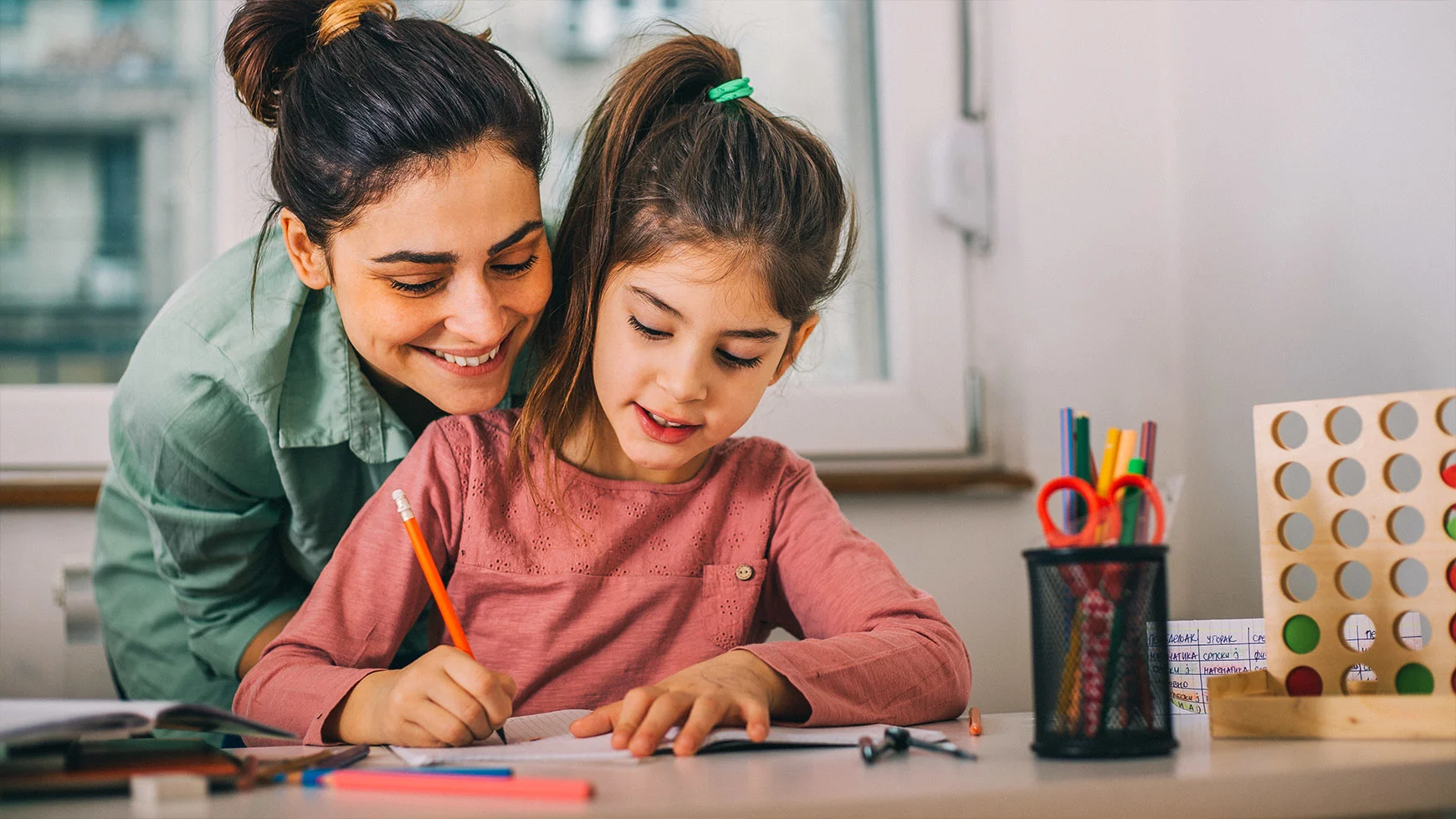Unrealistic thinking in kids with ADHD

At a glance
Kids with ADHD can be too optimistic about what they can do and how things will turn out.
They might make decisions based on wishful thinking, not reality.
You can help your child with ADHD see things more realistically.
If a 6-year-old said they wanted to grow up to be a famous singer, you probably wouldn’t think anything of it. Young kids engage in wishful thinking all the time. But when a 16-year-old who can’t carry a tune says the same thing, it can sound immature and naïve. It’s just not realistic.
By age 9 or 10, most kids recognize that wishful thinking doesn’t make things true. Some kids with ADHD have an overly optimistic view of themselves and the world around them for much longer, however.
They may overestimate their abilities. They also may feel that nothing bad can happen to them. And that can lead to making poor choices.
Learn more about ADHD and unrealistic thinking, and how to help your child make good decisions based on reality.
Why some kids with ADHD aren’t realistic
Dealing with the world in a realistic way takes executive function skills. You need to be able to size up a situation, put it into context, think about likely outcomes, and assess risks. You also need to be able to prioritize and plan your approach.
Kids with ADHD often struggle with these skills. That’s because ADHD is fundamentally a problem with executive function.
Weaknesses in these skills can end up making kids behave in ways that seem to deny reality. And they often do that by being overly optimistic about outcomes.
Here’s an example of how that might play out.
A middle-schooler is hyperfocused on playing a new video game. She really needs to stop so she can finish a class project she’s struggling with. But she has a hard time setting priorities and planning her time. And she’s lost track of where she was in the project, so it’s hard to jump back in.
Instead, she keeps playing. She tells herself that the project is in good shape and that it doesn’t matter because she’s doing really well in the class (she’s not). Of course, simply wishing something doesn’t make it true. She gets a D on the project.
The consequences of unrealistic thinking
Thinking positively can be motivating for kids with ADHD. But if those thoughts have no basis in reality, they can have a negative impact. Here are a few examples.
A grade-schooler insists to classmates, “I’m the best basketball player in the grade.” But that’s far from the truth, and the other kids laugh. This thinking keeps the student from making friends and fitting in.
A middle-schooler is hanging out with friends and doesn’t want to leave the group to finish an assignment. So the student decides it’s OK to turn in the assignment late and gets an F.
A high school senior has low test scores and grades. But the student only applies to pre-med programs. The student doesn’t get accepted to any of the programs and now feels like a failure.
Unrealistic thinking can also lead to risky behavior and poor decisions. A teen may decide they don’t need to wear a seatbelt if they’re only driving a few blocks to a friend’s house. The results can be much worse than a blow to self-esteem.
How to help kids with ADHD think realistically
Seeing kids continue to engage in wishful thinking as they get older can be frustrating and concerning — especially if it leads to poor decision-making. There are ways you can help kids view the world, and themselves, more realistically.
Don’t feed the fantasy with unhelpful praise. When a child is 7 and just learning to play soccer, praise can be motivating. But what if a child is 15, not very talented, and still planning to play at the college level? It’s better to save the praise for skills that can help your child find a path to success.
Present a more realistic view. Say your child isn’t very popular, but they decide to ask the most popular kid at school to the dance. Instead of just cheering them on, you could say, “You know, many people will probably want to ask Finley to the dance, and you may not be the first choice. But you can ask if you want to.”
State the risks and consequences. For example, maybe your teen believes that their boss doesn’t care if employees are late for work. You can say that that’s unlikely, and that being late gets employees fired. Your teen may not listen. But if they’re fired, the reality of the situation will be undeniable.
Kids with ADHD may cling to wishful thinking longer than their peers do. But as their executive function develops, most get better at dealing with the world in a realistic way.
In the meantime, help your child recognize and stay focused on the realities of daily life.
Use our printable homework contract to help your child stay on top of work.
Help your tween set and achieve realistic goals with our printable goal planner.
Help your child be more self-aware by making a strengths chain or filling out a self-awareness worksheet.
Key takeaways
It’s important to counter your child’s wishful thinking with the truth.
Point out the possible consequences of decisions that are based on overoptimism.
Be honest but supportive.





